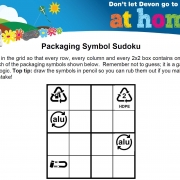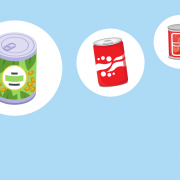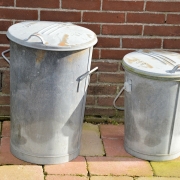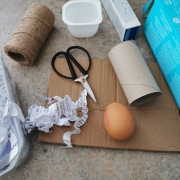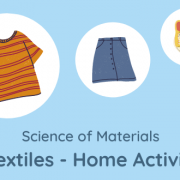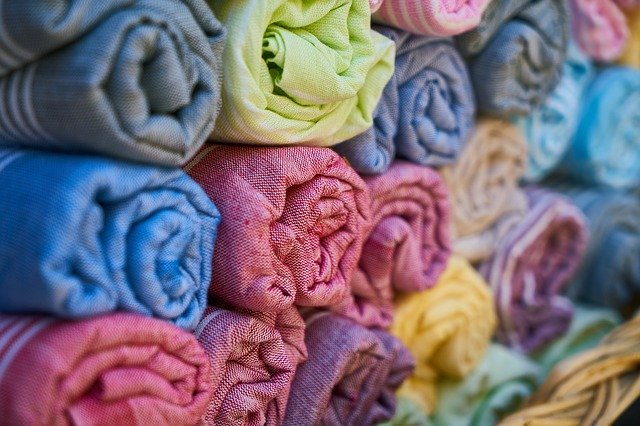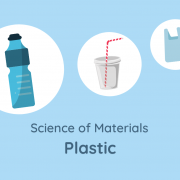Cardboard Worksheets: Home Activity
Cardboard is one of the most useful materials in our modern world. Light, adaptable, cheap to make and easy to reuse or recycle it is ideal for jobs such as food packaging and parcel delivery. The science of materials helps understand the life cycle, properties and recycling. These investigations will help students understand how to recycle materials safely and sustainably at the end of their lives.
The worksheets on this page will help young people understand the science behind the adaptable and useful material that is cardboard.
To find out more about card and cardboard visit our materials webpage.
Downloadable Worksheets
Videos
Home Education Worksheet:
(pdf) Download Home Education Worksheet: : What can you make
from a cardboard box?
(Word) Download Home Education Worksheet: : What can you make
from a cardboard box?
![]() Link to Home Education Playlist about Cardboard
Link to Home Education Playlist about Cardboard
Visit our Home Education pages for more Activities suitable for Home Learning.

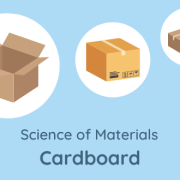

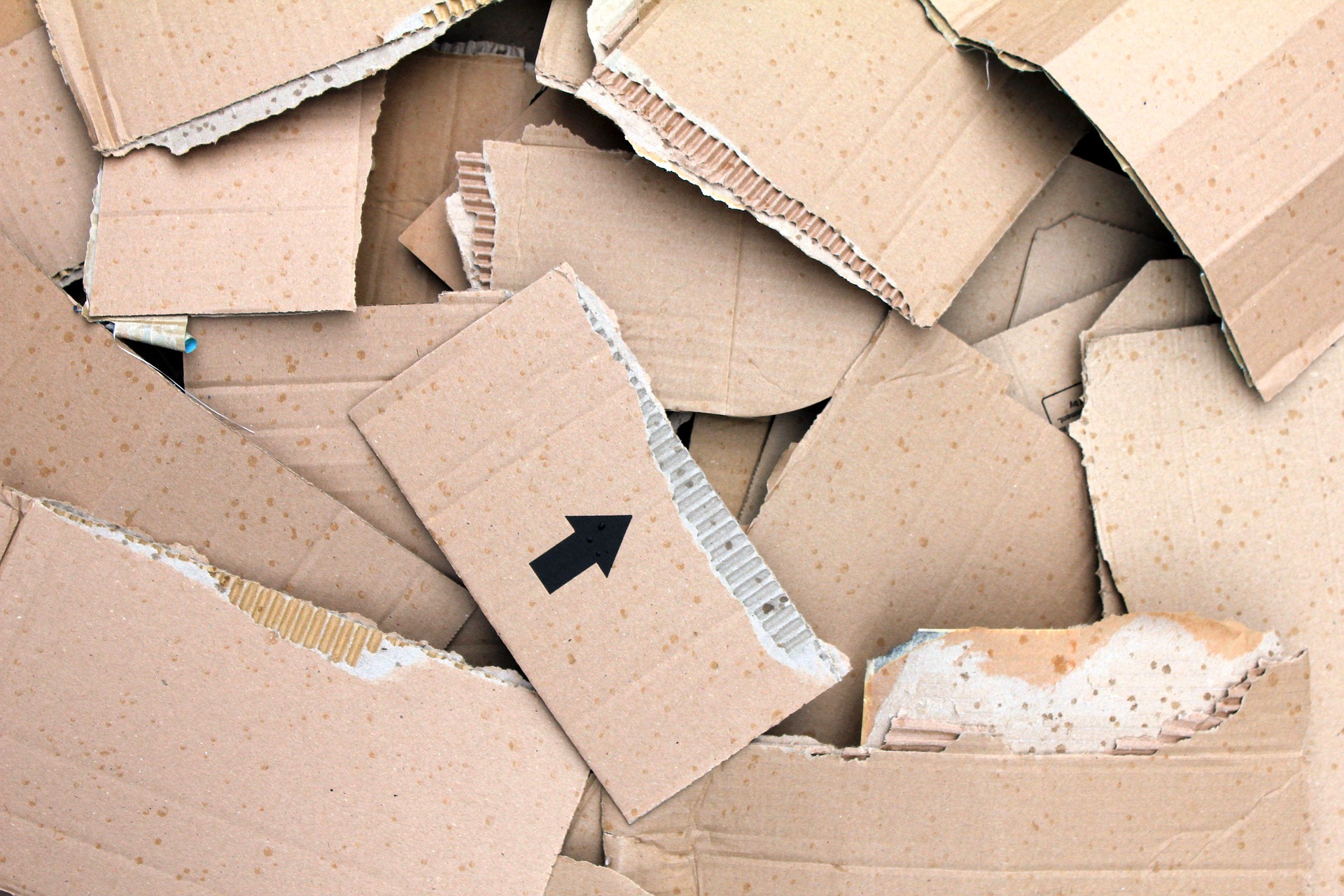

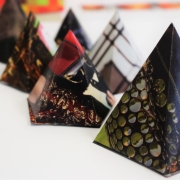 Laura Armstrong
Laura Armstrong